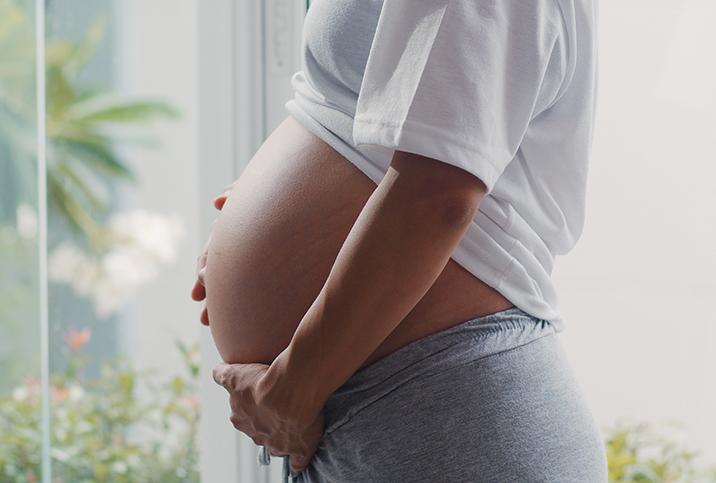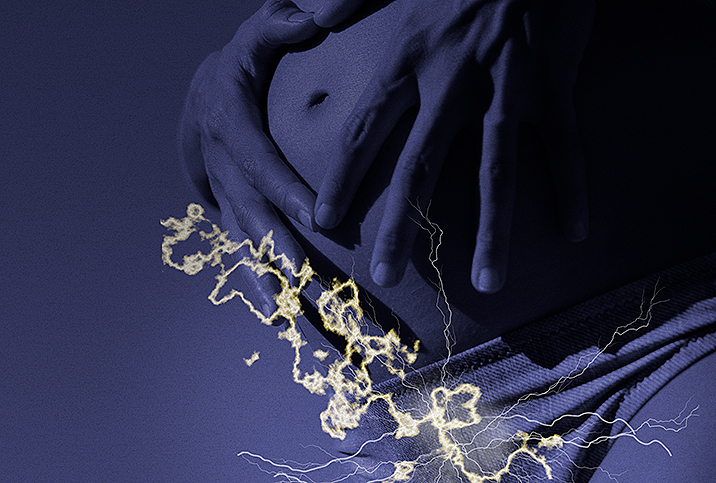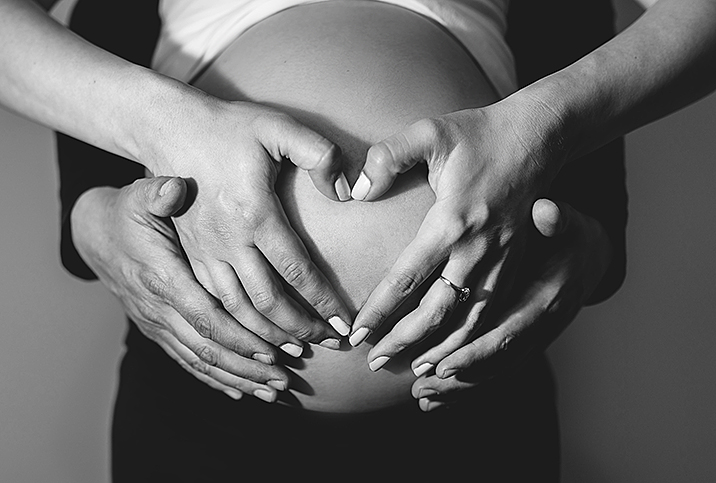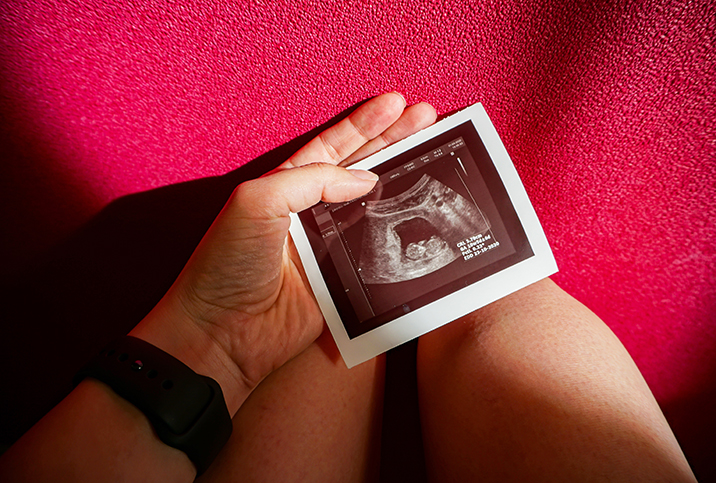4 Pregnancy Complications You Should Be Aware of

Pregnancy is a wonderful time in a woman's life. And while joy abounds, difficult complications can occur. Not all pregnancies are the same, and while some women have "easy" pregnancies, others may face struggles throughout their trimesters.
Understanding potential pregnancy complications and how to manage them can help prepare you for this new part of life.
Anemia
Anemia is the result of a lower-than-normal number of healthy red blood cells. The most common type of anemia, especially during pregnancy, is iron-deficiency. We need iron to make hemoglobin, which carries oxygen through our blood to all the parts of the body.
According to the National Institutes of Health, a pregnant woman needs significantly more iron than her non-pregnant peers. From the ages of 19 to 50, non-pregnant women need 18 mg of iron per day, whereas pregnant women in that age range need 27 mg.
One study indicates that a lack of iron raises the risk of premature birth or low birth weight for the baby. Eating iron-rich foods such as meat, fish, spinach and nuts will help build up your iron supply.
Not all prenatal vitamins—especially gummies—contain enough iron, or any at all, so it is crucial to talk to your doctor about taking additional iron supplements if necessary. Eating foods containing vitamin C, such as oranges, tomatoes and broccoli, helps your body absorb iron.
Gestational diabetes
Even if you've never previously been diagnosed with diabetes, it's possible to suffer gestational diabetes during pregnancy. Typically, pregnant women are tested between 24 and 28 weeks, and 2 to 10 percent of women develop this condition.
If gestational diabetes is not regulated during pregnancy, risks can include birthing a large baby (9 pounds or more) and early labor. Additionally, your baby can be at risk for low blood sugar and developing type 2 diabetes later in life.
Fortunately, gestational diabetes can be managed through healthy eating and regular exercise. Monitoring your blood sugar levels, taking insulin if recommended by your doctor and monitoring yourself throughout pregnancy are important steps in maintaining your health and that of your baby.
Hyperemesis gravidarum
Morning sickness is common throughout pregnancy, especially during the first trimester. Most of the time, after three months, morning sickness subsides, but sometimes extreme and persistent nausea lasts the duration of the pregnancy. This condition is called hyperemesis gravidarum (HG). Women who are pregnant with twins, those who have suffered morning sickness in previous pregnancies and those who are prone to motion sickness and nausea may be at higher risk.
With hyperemesis gravidarum, most women can still typically eat and drink, but they suffer from vomiting, over-salivation, weight loss, constipation and dehydration. To help with the symptoms of HG, avoid triggers that make you feel nauseated, such as spicy or sugary foods or meals with strong odors. If you're suffering from HG, talk to your doctor about ways to keep hydrated and healthy.
Hypertension
Hypertension, or high blood pressure, can lead to serious complications throughout pregnancy. If you have been diagnosed with hypertension, it's essential you attend regular doctor appointments so your physician can monitor your blood pressure.
Hypertension causes an increase in the risk of preeclampsia, placental abruption and gestational diabetes. It can lead to preterm delivery, underweight infant delivery and, in severe cases, infant death.
Treating hypertension begins with regularly checking your blood pressure, healthy eating and getting regular exercise. Your doctor may also prescribe medications.
Every pregnancy is different
Pregnancy is unique for each woman, and some pregnancies are more difficult than others. There are ways to control the complications that may arise so you can enjoy this special time in your life.


















